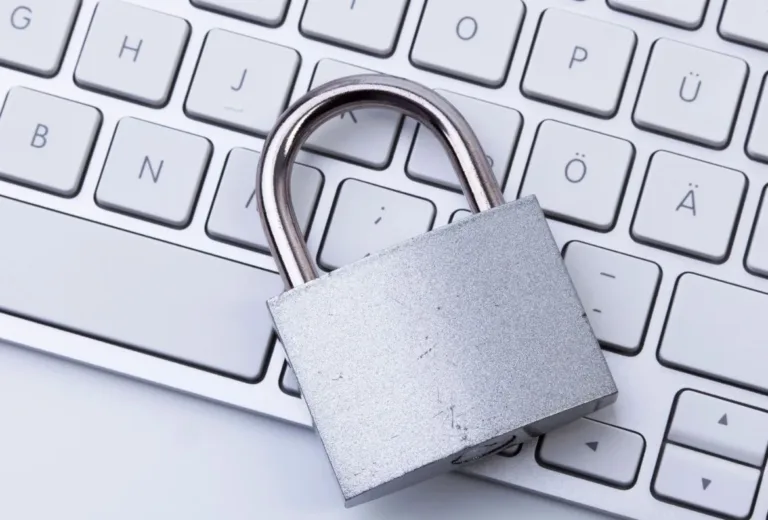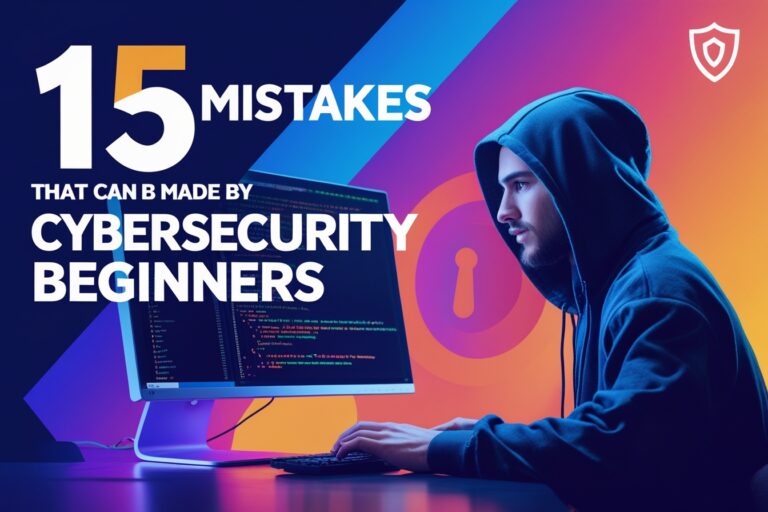Table of Contents
8 Essential Tips to Protect Yourself From the Danger of Identity Theft
Thankfully, there are ways to make sure cybercriminals are kept at bay. We’re here to give you eight tips to help protect you from the danger of identity theft. Let’s have a look!
1. Install a strong security solution
This should go without saying, but the truth is, there are still many owners who rely on their built-in antivirus. Too often, these tools are simply not ideal when it comes to staying safe against identity theft. Installing an efficient security suite on your computer is an absolute must. There are many solid options to choose from, so make sure you opt for the one best suited to your needs and pocket.
2. Protect personal documents and social security numbers
If you receive an email asking for your Social Security number, don’t give it out. The same goes for personal documents, such as your or your family’s birth certificates, passports, and so on. Also, make sure to keep them in a safe place, such as a lockbox. A safety deposit works just as well.
To protect your data on your mobile device, the best solution is to start using a virtual private network (VPN). VPN encrypts the data and tunnels the user to servers so no cybercriminal can steal the data.
Also Read: Best Techniques For Combating Phishing Attacks
3. Don’t over-share on social platforms
The temptation is always strong when we’re on Facebook, Twitter, and so on to share all kinds of personal information with our followers. We suggest staying silent on your kids’ birth dates, your email address, your bank account, and the like. Identity thieves can’t wait to retrieve this data and use it for identity theft, phishing, and scams.
4. Check bank statements and monitor credit reports
Remember to open your bank statements and credit card bills regularly. Look for withdrawals and charges you didn’t authorize yourself. If you spot them, make sure you report them ASAP. Your bills still haven’t arrived? Call and speak with an authorized person about it.
Another good idea is to keep a close eye on your financial accounts regularly. Do it via online banking. Monitoring your credit reports at credit bureaus is another must-do. It will tell you if there’s been any fraudulent activity. If you notice an address you haven’t lived at, an account you’ve never opened, and so on, set a fraud alert with a credit bureau. You can and should also report the crime to local authorities.
5. Use different passwords
Are you in the habit of using the same password for every single one of your accounts? Break the habit. Your passwords should differ and be very strong. For that to work, they need to include a minimum of eight characters. A combination of symbols, numbers, and letters is ideal. After you’ve created these new passwords, keep them hidden. Use a password manager if your memory plays tricks on you now and then or if you simply cannot think of a strong enough password.
6. Be careful with free Wi-Fi
If you’re using your laptop or smartphone in a public place and you decide to connect to the Wi-Fi there, be on the lookout for cybercriminals. Hide your login screen with one of your hands to keep your email address, password, and other sensitive credentials safe. Make sure your device’s security options are updated and strong.
7. Avoid phishing
Hackers will do anything to make you give out personal information. They will send emails or call you, pretending to be a government agency, your favorite store, or your bank. Never take the bait. A legitimate company won’t ask you for sensitive data over the phone or through email.
Do you like to do your shopping online? Enter personal data such as your name and credit card number only on websites that are 100% secure. They should contain HTTPS in their address bars, they should feature a privacy policy section, and you should have the option to refuse information sharing.
8. Check the URL
Look at the address of a website before browsing it. Does it start with the HTTPS we mentioned in our previous tip? If it doesn’t, close the page. Want to download a free program? Do it, but only if you know that website and trust it. If a pop-up window appears, never click on the link inside it.
Read Next: 10 Essential Online Safety Steps You Can’t Afford to Ignore









